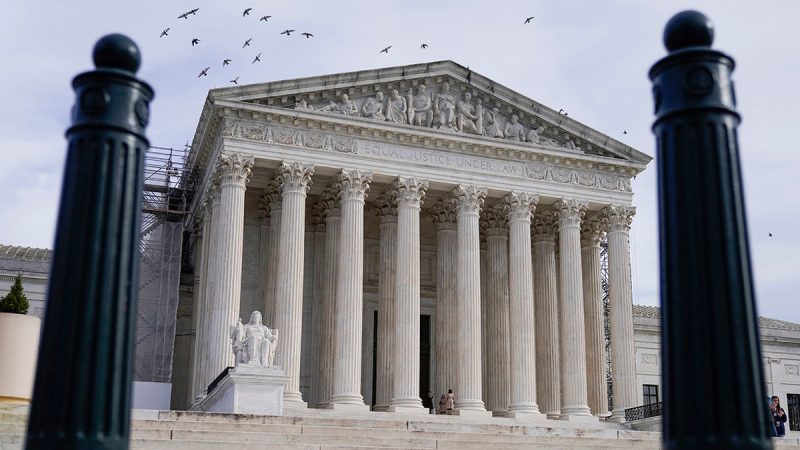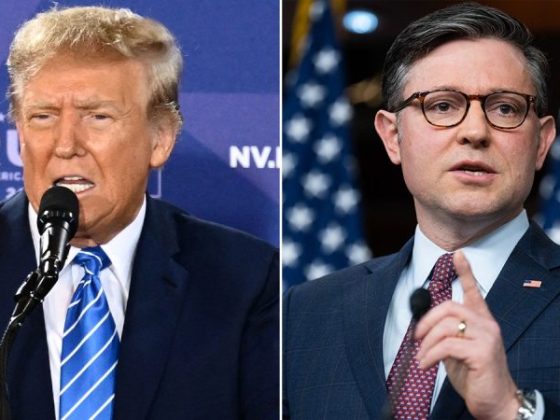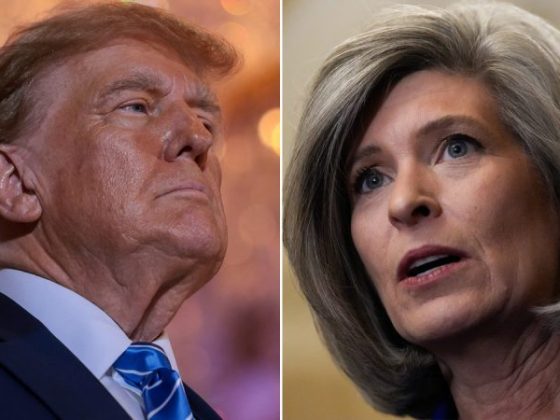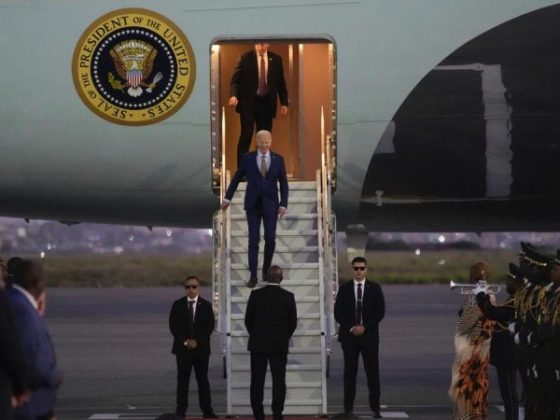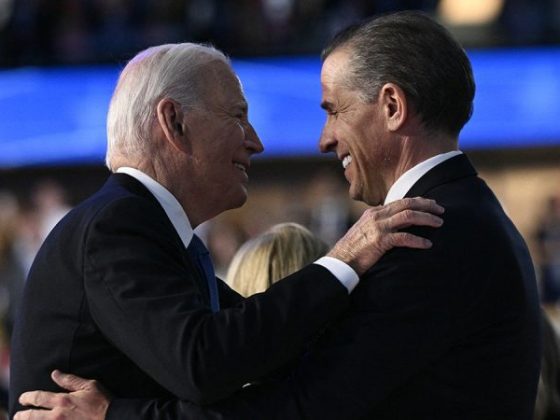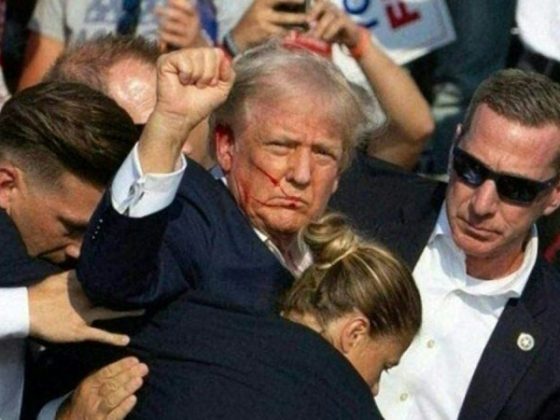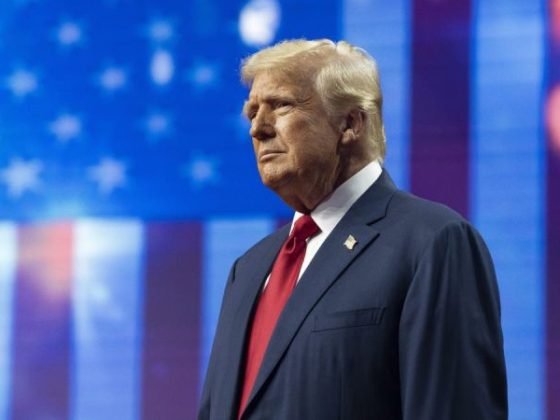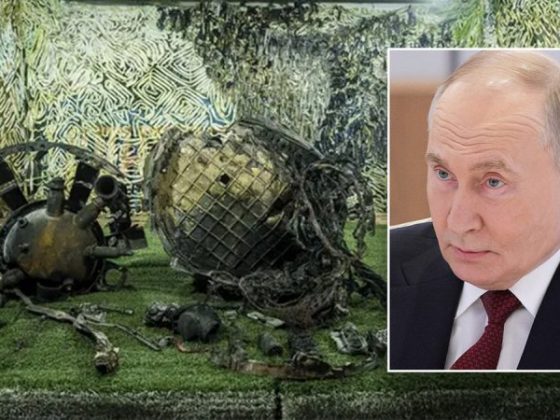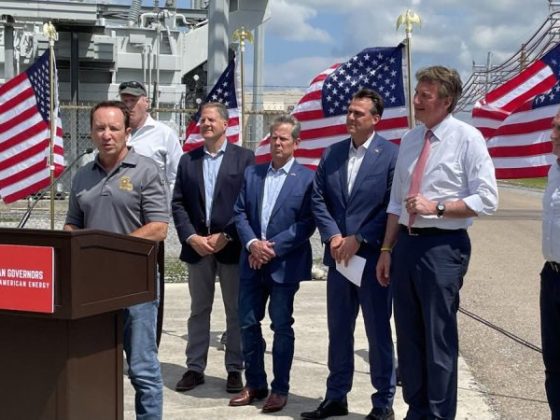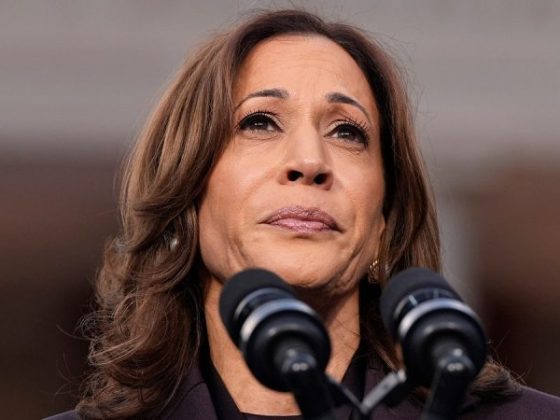The United States Supreme Court, in session on April 25, is set to hear arguments in a highly anticipated case concerning former President Donald Trump’s assertion of presidential immunity. This case is significant as it sets a precedent for future presidents regarding the extent of presidential privileges and liabilities.
The question of presidential immunity has surfaced time and again, often surfacing alongside conversations about checks and balances on the executive authority. Former President Trump had asserted during his presidency that the President of the United States enjoys ‘absolute immunity’ from civil lawsuits in state courts while in office. With the arguments scheduled to be heard on April 25, the Supreme Court is likely to provide a definitive ruling on this controversial issue.
At the heart of this case lies the constitutional principle shared by many democracies across the globe: No one is above the law, not even the president. Yet, delving deeper into the Constitution, one encounters a lack of explicit guidelines regarding presidential immunity in such contexts. The Constitution provides the President with immunity from being criminally prosecuted while in office, but it offers no such clear shield against civil lawsuits.
Establishing the parameters of presidential immunity is critical not only for former President Trump but for all successive office bearers. A ruling favoring Trump may allow future presidents to act without fearing civil lawsuits for their actions during their term. On the other hand, a ruling against Trump could mean that future presidents would be deterred from engaging in potentially controversial activities due to the fear of legal reprisals.
Another crucial angle the Supreme Court will likely consider is whether these issues should be resolved through judicial processes or through the political system. Courts traditionally steer clear from involving themselves in issues deemed ‘political’ in nature. However, this case presents both constitutional interpretation and political implications, placing the judiciary in a consequential role to potentially limit or strengthen presidential powers.
Finally, the justices will also likely deliberate whether a sitting president can be sued in a state court. This issue is intrinsically tied to questions surrounding federalism and the balance of power between the federal government and states.
Overall, this case is critically important as the apex court of the land will confront unprecedented legal questions about presidential power, the rule of law, and the principles of federalism — all integral to America’s political fabric. With the Supreme Court preparing to hear arguments on the matter on April 25, the nation’s eyes will be keenly trained on these proceedings, as the outcomes could mold the contours of presidential power and privilege for generations to come.

